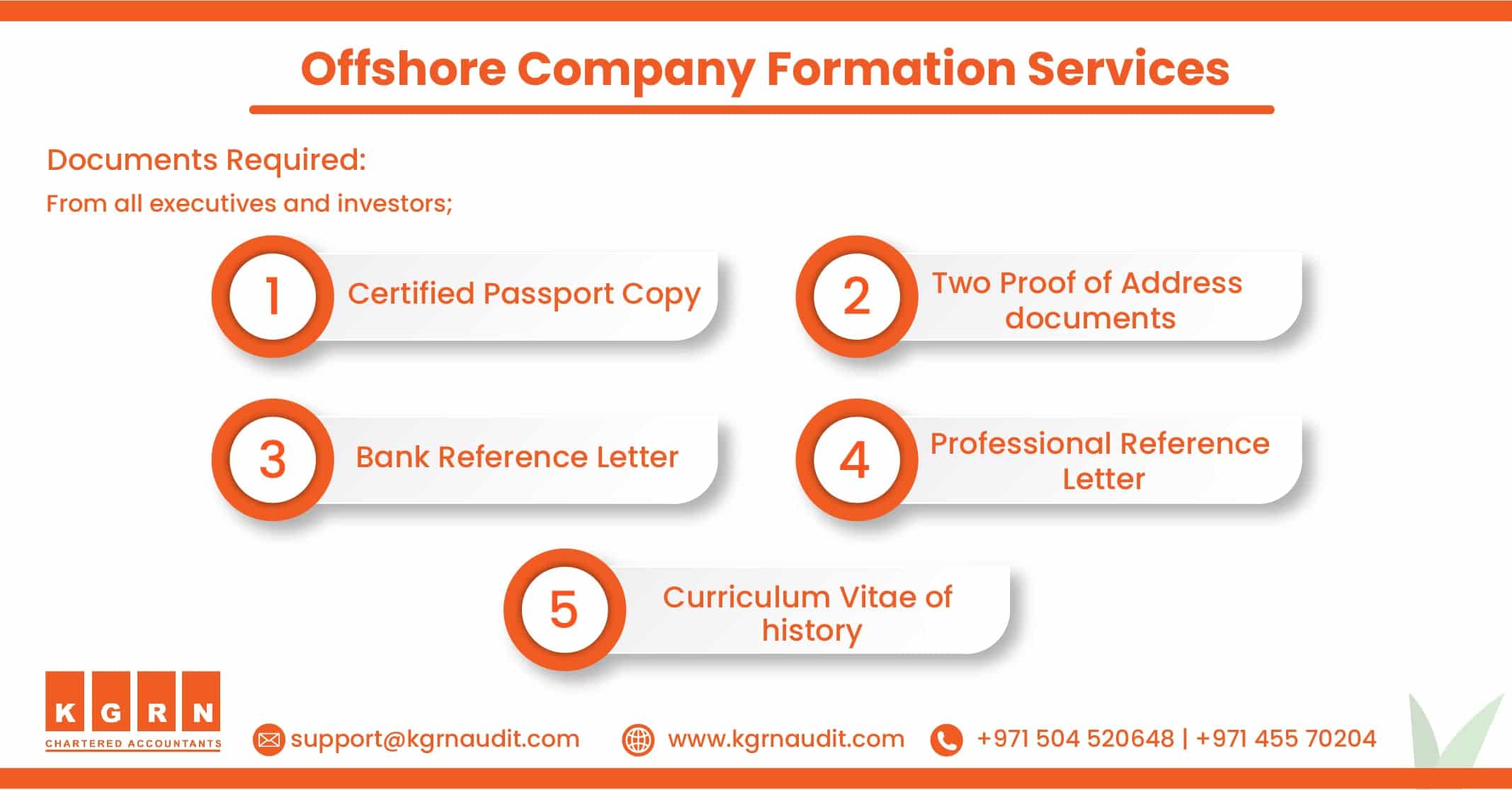A Comprehensive Review of Offshore Company Formation Alternatives
A Comprehensive Review of Offshore Company Formation Alternatives
Blog Article
Offshore Business Formation Demystified: Secret Considerations and Finest Practices
Browsing the intricacies of overseas company development calls for an eager understanding of numerous factors that can considerably impact the success and legality of such endeavors. From picking the ideal lawful jurisdiction to carefully assessing the tax implications, each action holds crucial importance while doing so. Corporate structuring, compliance with governing demands, and mindful consideration of financial and economic facets are all crucial components that demand thoughtful deliberation. As the complexities of establishing an offshore firm unravel, a critical strategy directed by best methods comes to be critical in making sure a lawfully sound and smooth operation.
Lawful Jurisdiction Choice
Selecting the proper lawful jurisdiction is a crucial choice when establishing an overseas company, as it dramatically impacts the regulative framework within which the entity will certainly run. Different territories provide varying levels of tax obligation efficiency, regulative requirements, personal privacy defenses, and political stability. The option of territory must straighten with the certain goals and requirements of the overseas business.

Additionally, the governing setting of a jurisdiction is important. Some territories have strict financial policies and conformity needs, which can be difficult for certain kinds of services. On the other hand, even more lenient regulatory environments may supply adaptability but could likewise present threats in regards to credibility and validity.
Tax Implications Analysis
Considering the tax obligation implications is an essential element of developing an offshore company as it directly influences the monetary structure and operational approaches of the entity. One of the primary reasons organizations choose for overseas company formation is to profit from desirable tax regimens. Working carefully with tax obligation experts or consultants who specialize in worldwide tax obligation issues can provide important insights and guidance in structuring the offshore company in a tax-efficient way.
Business Framework Planning
Efficient business structure planning plays an essential function in the successful facility and procedure of an offshore company. One common approach is to develop a holding business in a jurisdiction with favorable tax laws to hold the properties of the running company, which might be situated in a various jurisdiction for operational objectives.

In addition, the choice of business framework, whether wikipedia reference it be a limited liability business, a firm, or a trust, can substantially impact the general success of the overseas endeavor. By carefully preparing the business framework, overseas firms can enhance their operational efficiency, click here to read protect their possessions, and optimize their tax responsibilities.
Conformity and Regulatory Needs
What are the key conformity and governing demands connected with establishing and operating an overseas firm? When setting up an offshore firm, it is critical to stick to the governing frameworks of both the overseas jurisdiction and the home country of the company proprietors.
Moreover, understanding and adhering to worldwide regulations, such as anti-money laundering (AML) and recognize your customer (KYC) needs, are crucial for overseas companies to prevent illegal activities. Due persistance in confirming the identifications of valuable proprietors and ensuring openness in company operations are important components of governing conformity.
To navigate these intricacies efficiently, involving with monetary and legal experts with expertise in offshore regulations is very suggested. Staying updated on transforming regulatory landscapes and proactively resolving conformity problems can assist offshore business operate legally and morally while maximizing their service possibility.
Financial and Economic Considerations
When establishing an offshore firm, mindful interest to useful source banking and monetary considerations is paramount for making certain functional performance and regulative compliance. Offshore companies frequently select banks in territories known for their security, economic infrastructure, and positive policies.
Furthermore, understanding the banking policies in both the overseas jurisdiction and the home country is essential to prevent any type of legal concerns. Some offshore territories have stringent banking privacy legislations, which may influence the circulation of information in between the company, its investors, and the financial institution. Compliance with anti-money laundering (AML) and recognize your customer (KYC) guidelines is likewise crucial to avoid economic crimes and maintain an excellent standing with regulative authorities. By thoroughly browsing the banking and economic landscape, offshore firms can establish a strong financial structure for their procedures.

Conclusion
In final thought, offshore business development entails careful consideration of legal territory, tax ramifications, company framework, conformity, and financial considerations. Generally, detailed planning and adherence to financial and lawful guidelines are important for an effective overseas business development procedure.
)))))
Thinking about the tax ramifications is an essential element of developing an offshore company as it directly impacts the financial structure and functional strategies of the entity. Functioning closely with tax obligation experts or professionals that specialize in global tax obligation matters can offer important understandings and advice in structuring the overseas firm in a tax-efficient manner. One typical strategy is to develop a holding business in a jurisdiction with favorable tax regulations to hold the properties of the running business, which may be located in a various territory for operational objectives. When setting up an offshore firm, it is essential to stick to the regulative structures of both the offshore territory and the home nation of the company proprietors.In final thought, overseas firm development involves mindful factor to consider of legal territory, tax implications, company structure, conformity, and financial considerations.
Report this page